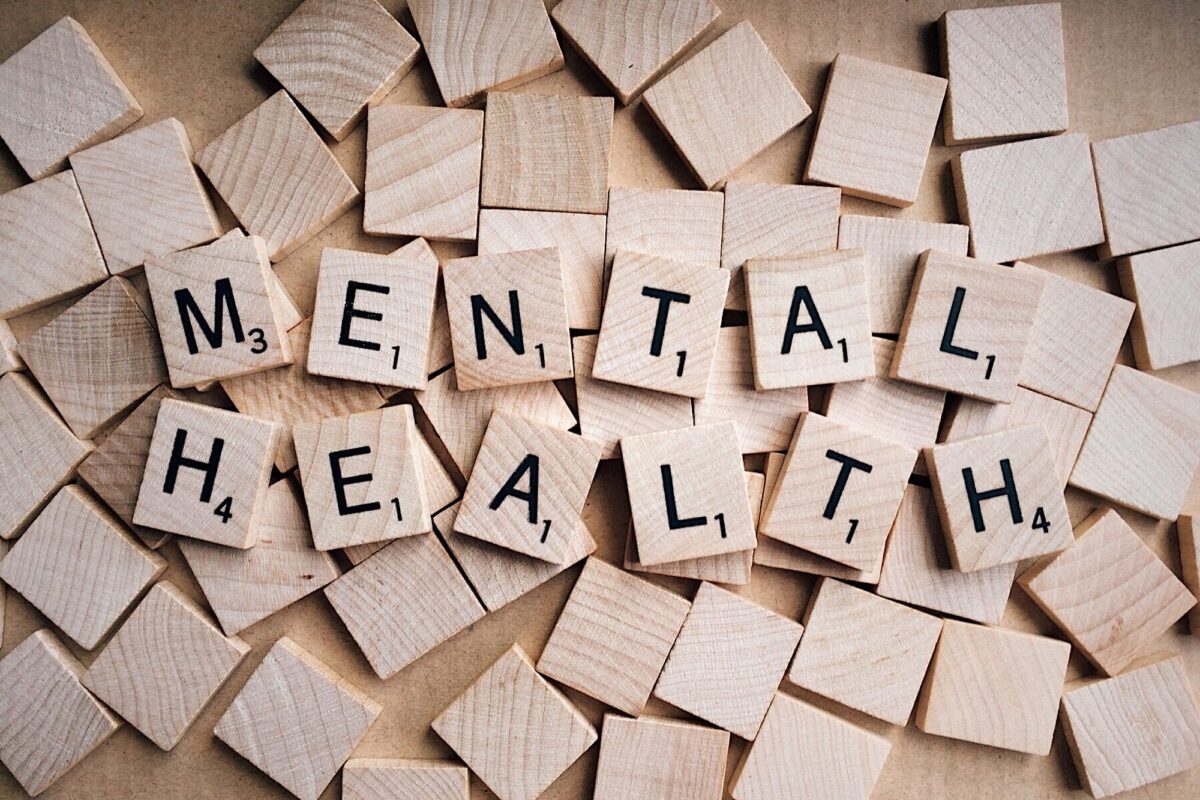The Importance of Routine for Mental Health Stability

Introduction
Mental health stability is a crucial component of overall well-being, affecting how we think, feel, and act. One effective strategy for maintaining and improving mental health is establishing a daily routine. A structured routine can provide a sense of control, reduce anxiety, and enhance productivity. This article explores the importance of routine for mental health stability and offers practical tips for creating and maintaining a beneficial daily schedule.
The Psychological Benefits of Routine
Predictability and Control:
One of the primary benefits of a routine is the predictability it brings. Knowing what to expect each day can reduce anxiety and stress. This sense of control over one’s environment and schedule can be particularly comforting during times of uncertainty.
Reduction of Decision Fatigue:
Decision fatigue refers to the deteriorating quality of decisions made by an individual after a long session of decision-making. By establishing a routine, you minimize the number of decisions you need to make each day, conserving mental energy for more important tasks.
Improved Sleep Patterns:
Consistent routines, especially those involving regular sleep and wake times, can significantly improve sleep quality. Good sleep hygiene is essential for mental health, impacting mood, cognitive function, and overall well-being.
Enhanced Productivity:
A structured routine can help organize your day, prioritize tasks, and ensure that you allocate time for both work and leisure. This balance is crucial for maintaining productivity without experiencing burnout.
The Physical Benefits of Routine
Regular Exercise:
Incorporating physical activity into your daily routine can have profound effects on mental health. Exercise releases endorphins, which are natural mood lifters. It also reduces symptoms of anxiety and depression.
Healthy Eating Habits:
A routine can help ensure you eat regular, nutritious meals. Proper nutrition is vital for brain function and overall mental health.
Self-Care:
Daily routines can include self-care activities, such as meditation, reading, or hobbies. These activities can provide relaxation and joy, contributing to better mental health.
Creating a Beneficial Routine
Identify Priorities:
Start by identifying the most important activities you need to include in your routine. These might include work, exercise, meals, and self-care.
Set Realistic Goals:
Set achievable goals for each day. Unrealistic expectations can lead to frustration and decreased motivation.
Create a Schedule:
Develop a daily schedule that incorporates your priorities and goals. Be sure to include time for breaks and relaxation.
Be Flexible:
While routines are important, it’s also essential to remain flexible. Life is unpredictable, and being too rigid can cause additional stress.
Review and Adjust:
Regularly review your routine to ensure it’s meeting your needs. Adjust as necessary to maintain balance and effectiveness.
Overcoming Common Challenges
Sticking to the Routine:
One common challenge is maintaining the routine, especially when life becomes busy or stressful. To overcome this, start with small, manageable changes and gradually build up to a full routine.
Dealing with Setbacks:
Everyone experiences setbacks. The key is not to let them derail your entire routine. If you miss a day, simply get back on track the next day without guilt or frustration.
Finding Motivation:
Sometimes, it can be hard to find the motivation to stick to a routine. To combat this, remind yourself of the benefits and how good you feel when you follow your routine.
The Role of Routine in Managing Mental Health Conditions
Anxiety and Depression:
For those with anxiety and depression, routines can provide a sense of stability and normalcy. Regular activities, such as exercise and social interaction, can help alleviate symptoms.
Bipolar Disorder:
Routines can help individuals with bipolar disorder manage their mood swings. Regular sleep patterns and consistent daily activities can reduce the risk of manic or depressive episodes.
ADHD:
For individuals with ADHD, routines can help structure their day, improve focus, and reduce the feeling of being overwhelmed by tasks.
Practical Tips for Maintaining a Routine
Morning Rituals:
Start your day with a set of morning rituals. This could include stretching, meditation, or a healthy breakfast. A positive start can set the tone for the rest of the day.
Work-Life Balance:
Ensure your routine includes a balance between work and personal time. Set boundaries to prevent work from encroaching on personal time.
Evening Wind-Down:
Create an evening routine to wind down and prepare for sleep. This could involve reading, taking a bath, or practicing relaxation techniques.
Accountability:
Share your routine with a friend or family member who can help keep you accountable. Having someone check in can provide additional motivation.
Conclusion
Establishing and maintaining a routine is a powerful tool for promoting mental health stability. Routines provide predictability, reduce decision fatigue, improve sleep patterns, enhance productivity, and support physical health. While creating a routine may require effort and discipline, the benefits to mental well-being are substantial. By identifying priorities, setting realistic goals, and being flexible, anyone can develop a routine that supports their mental health and overall quality of life.







